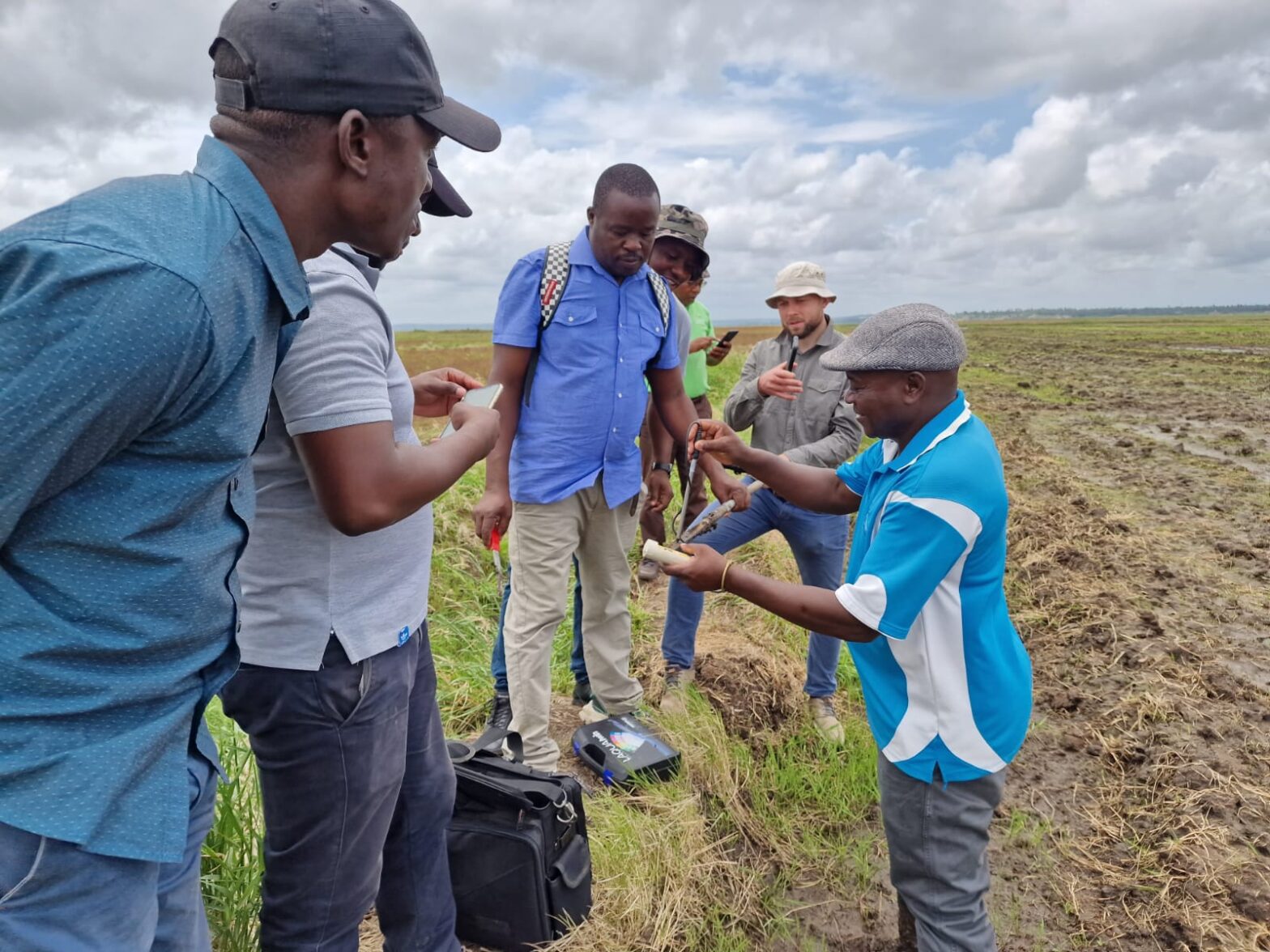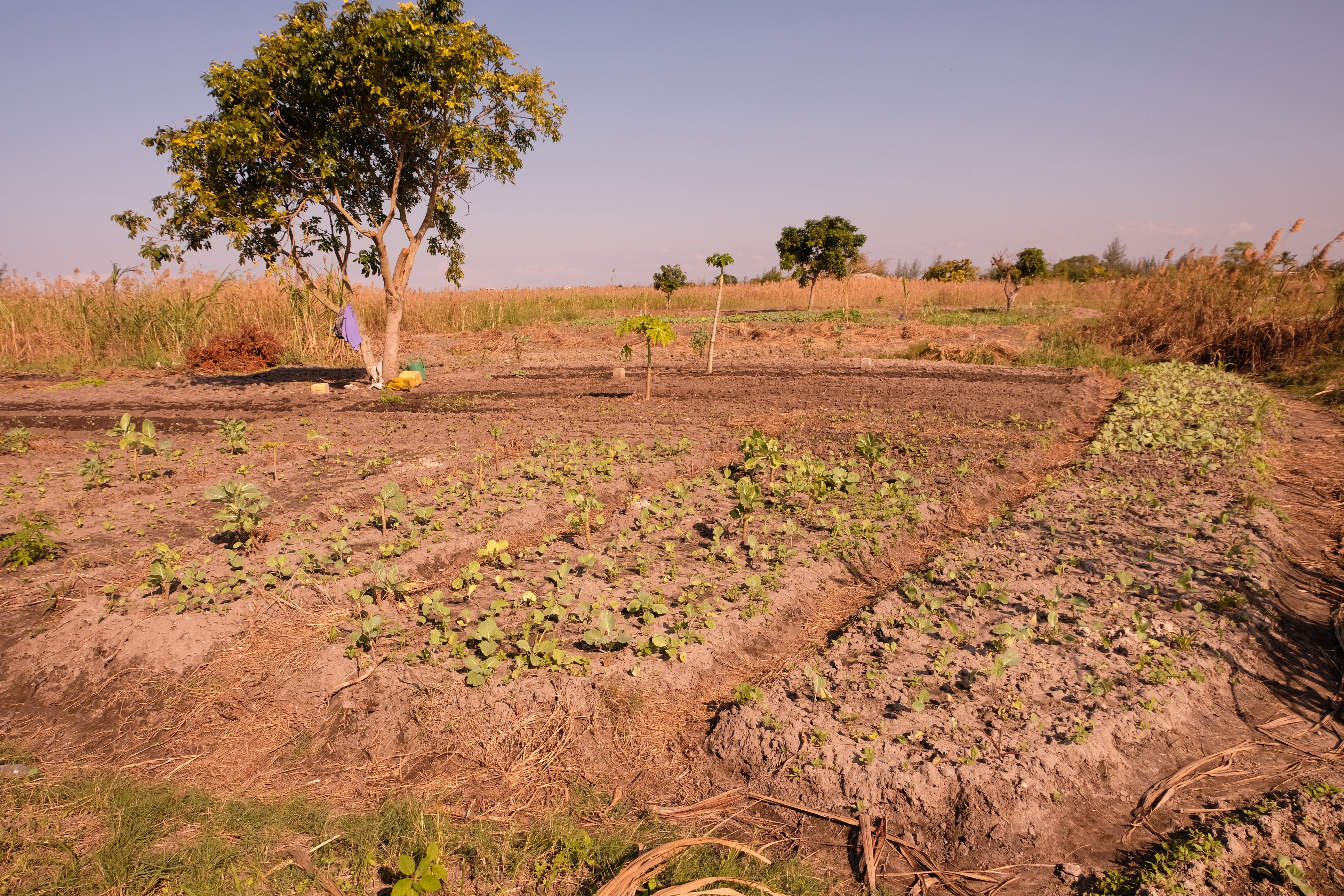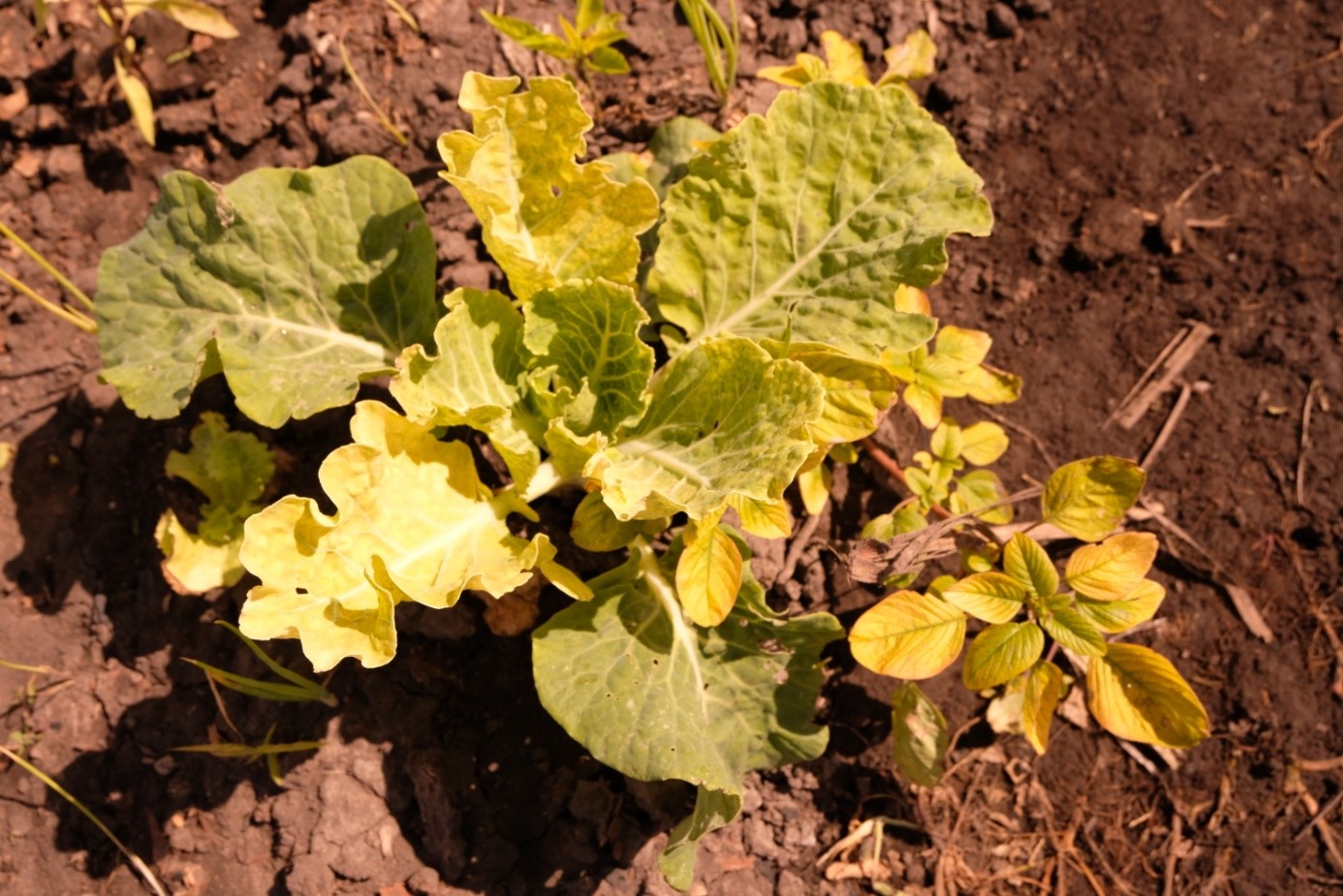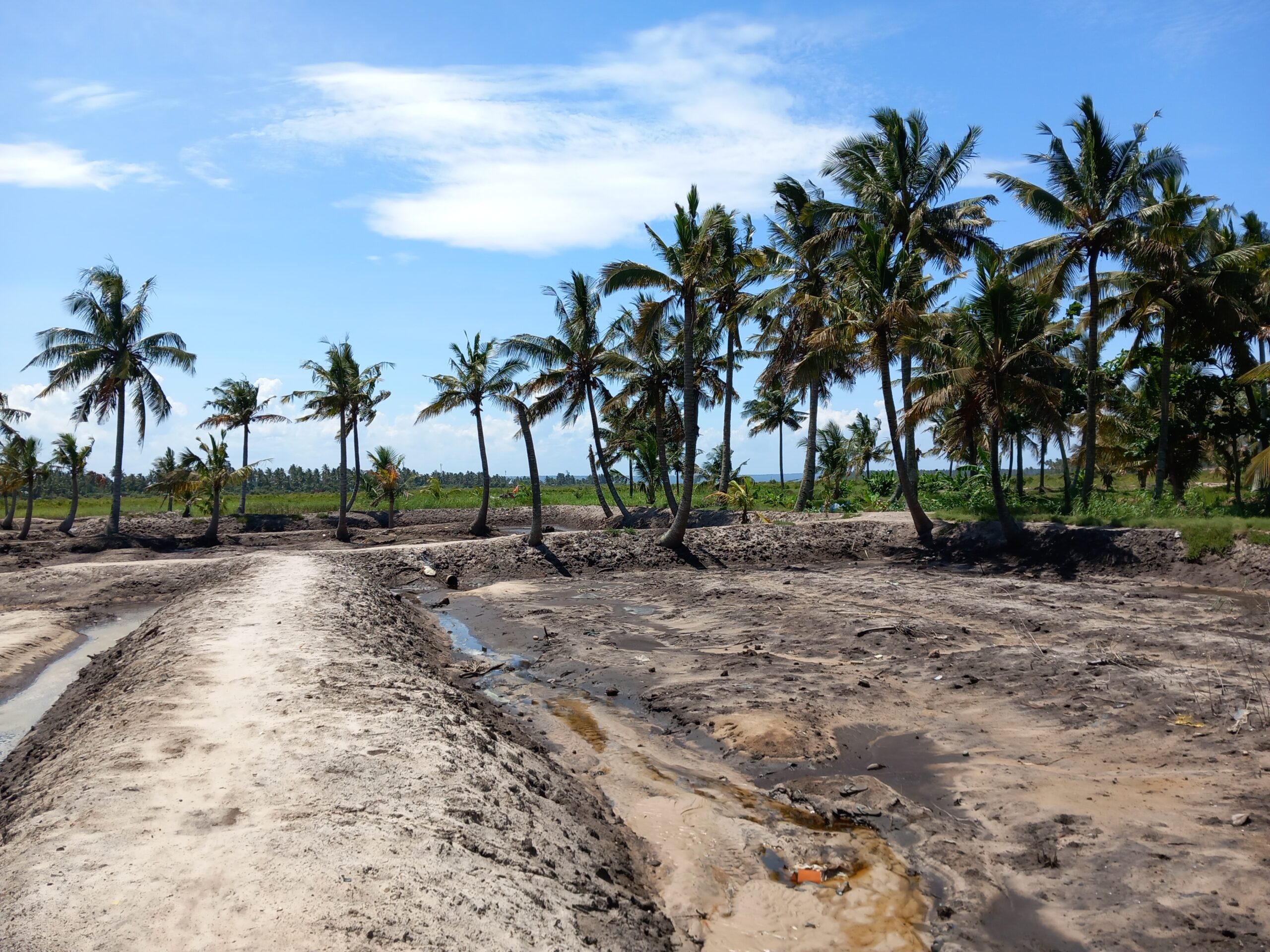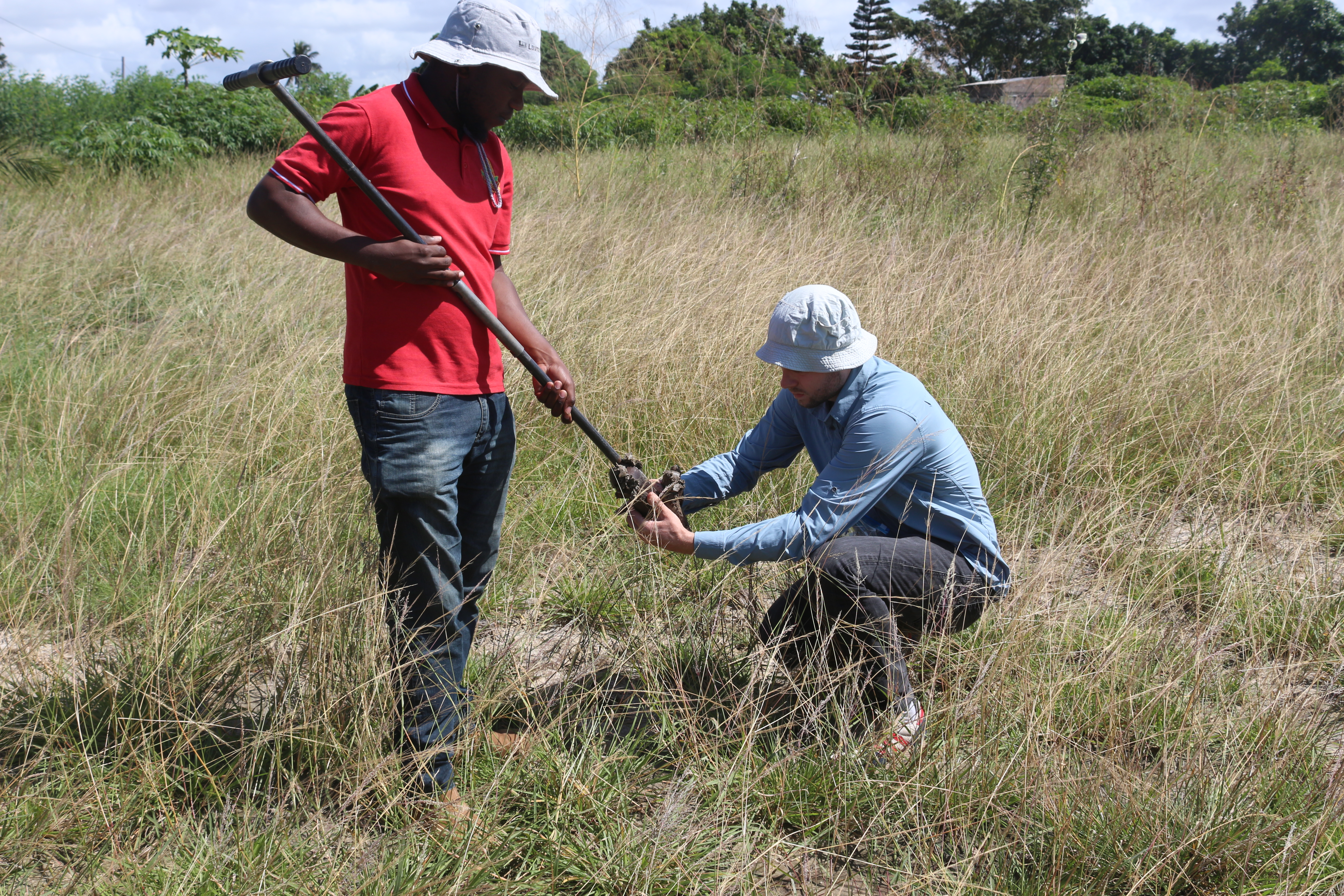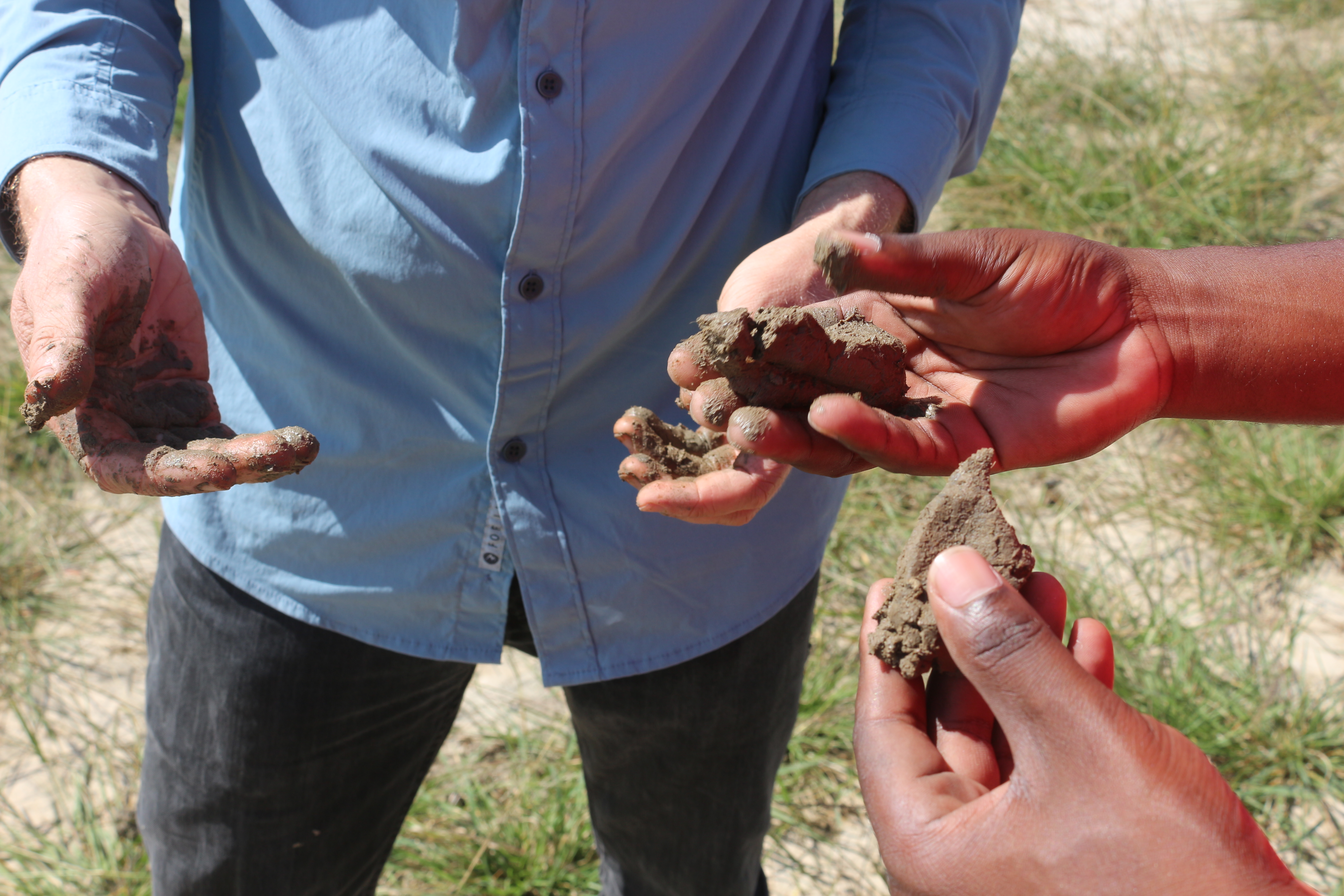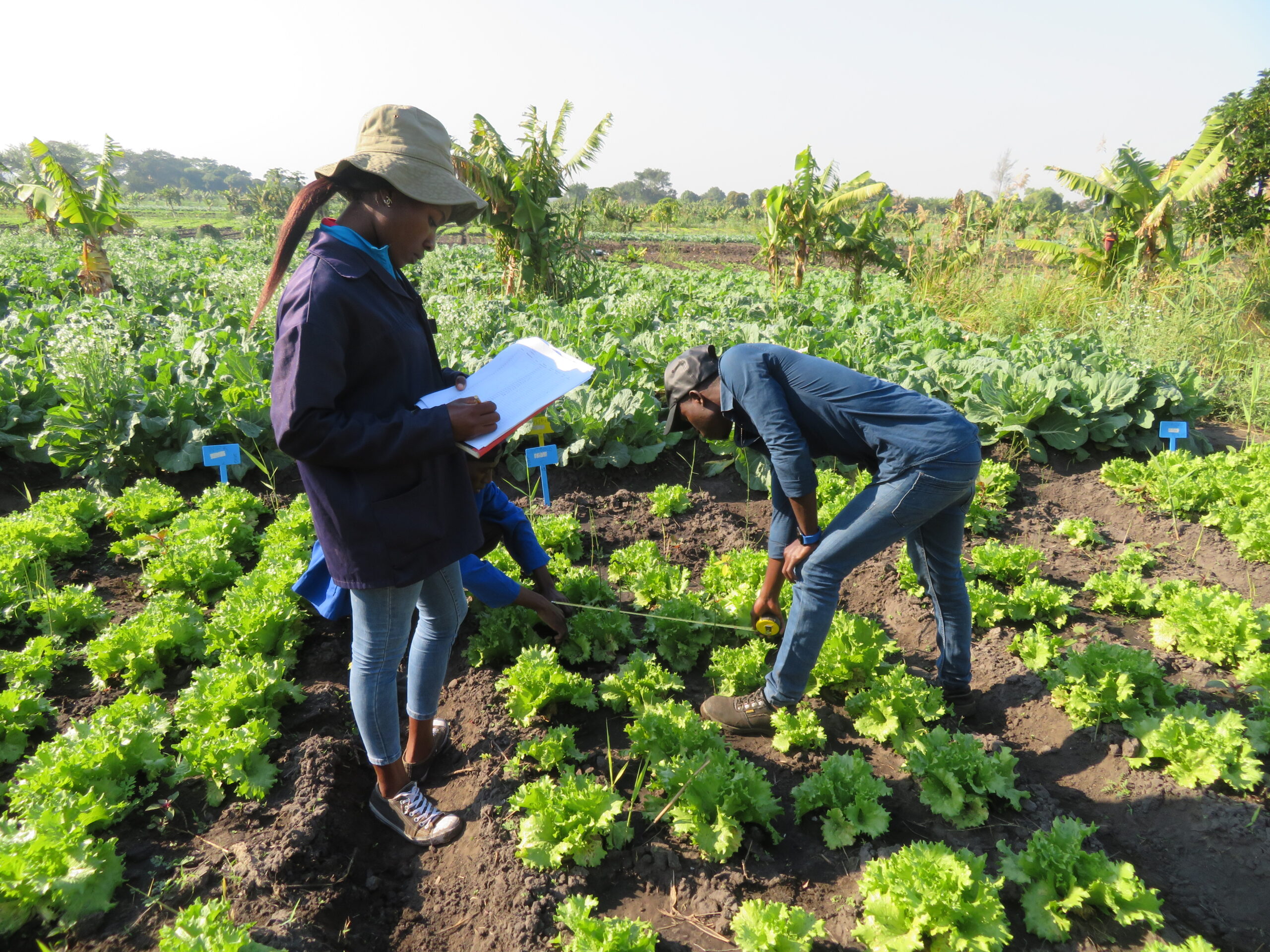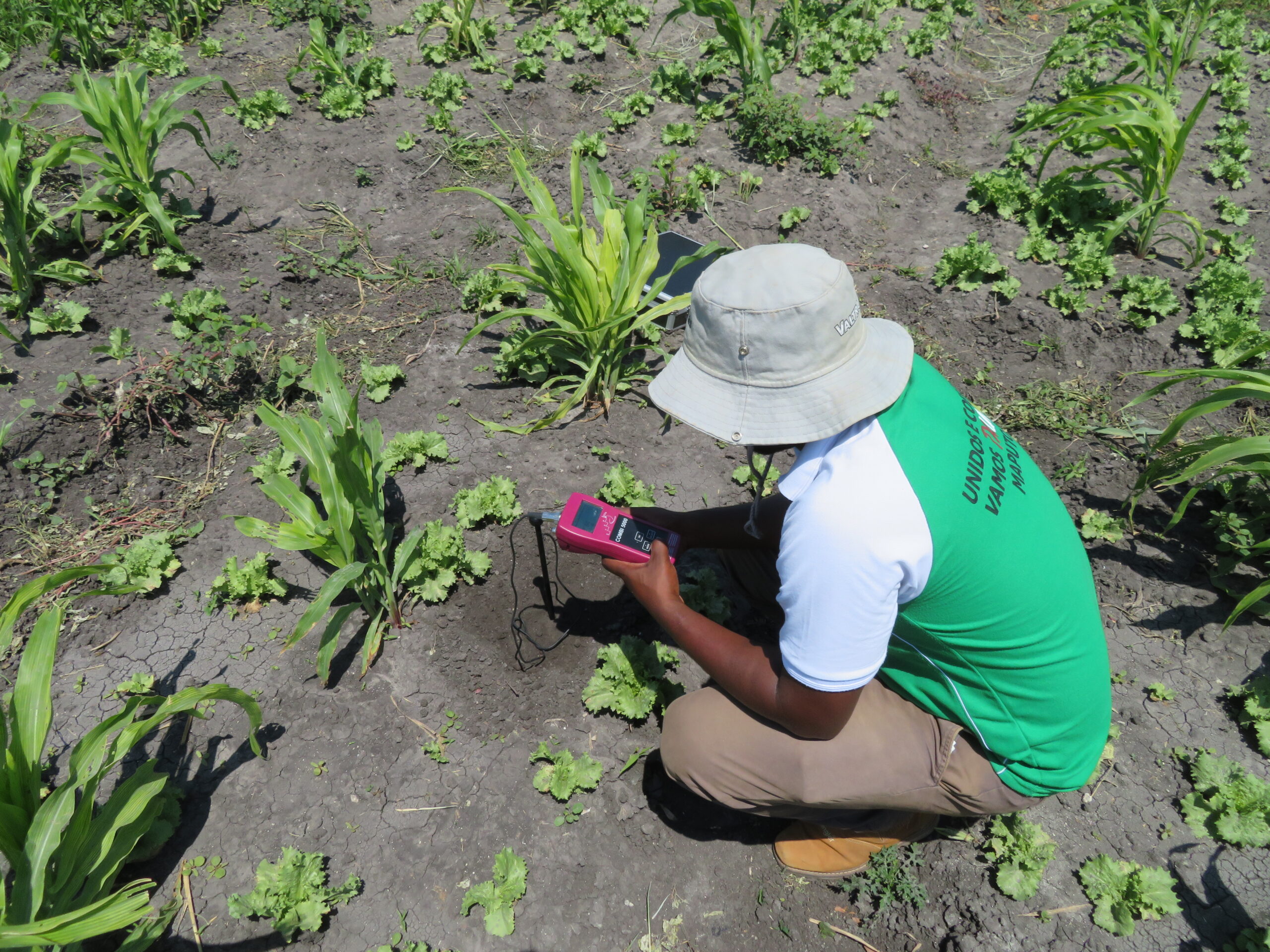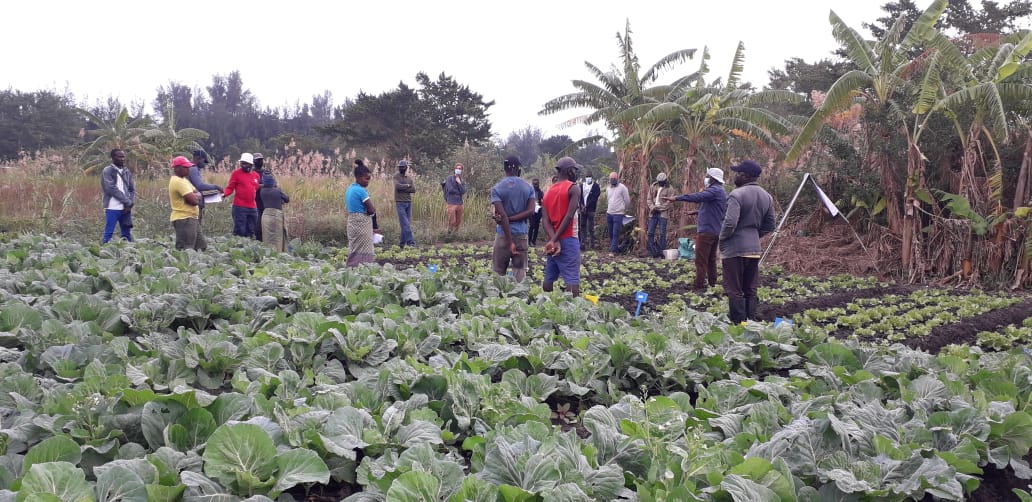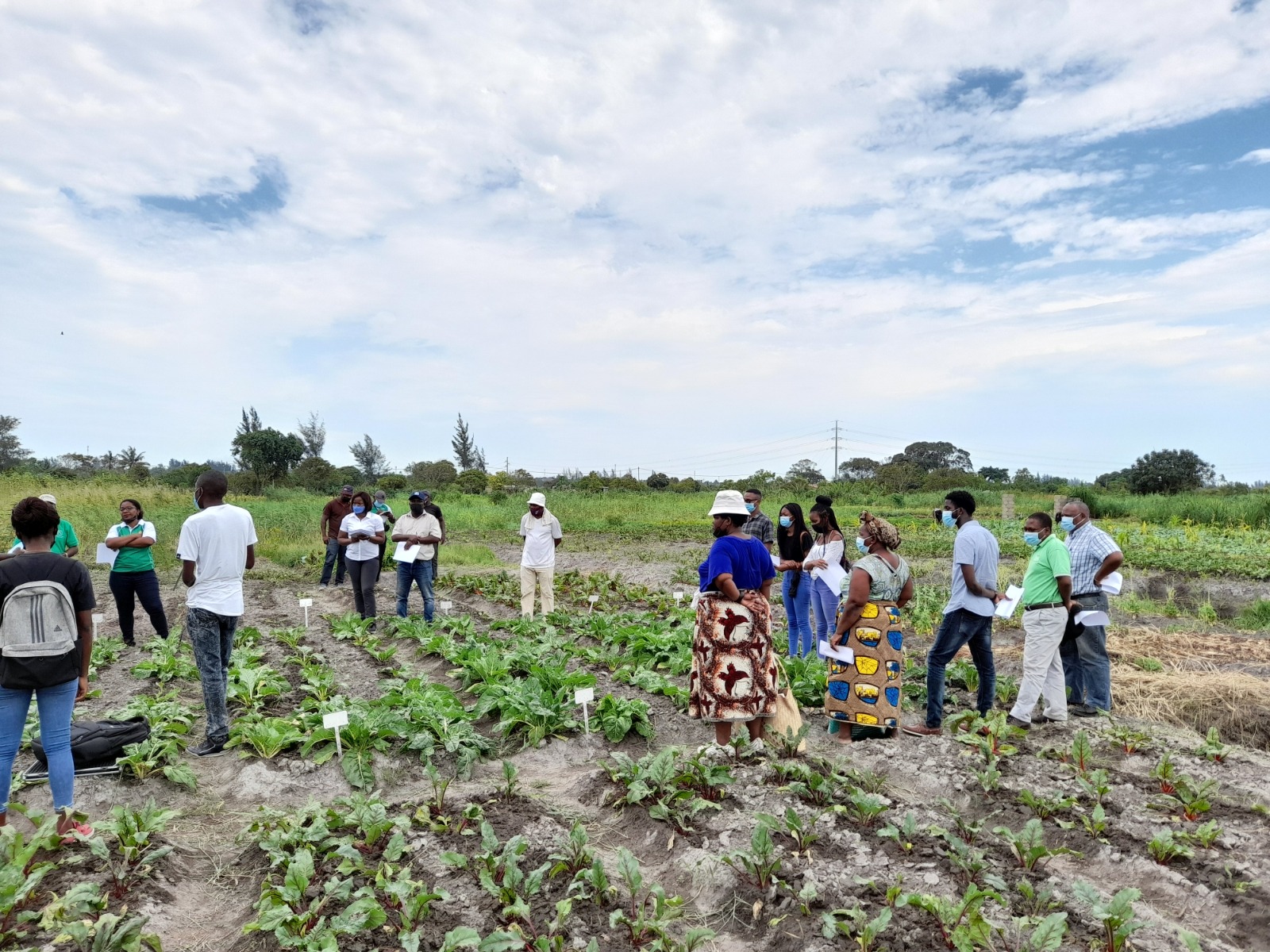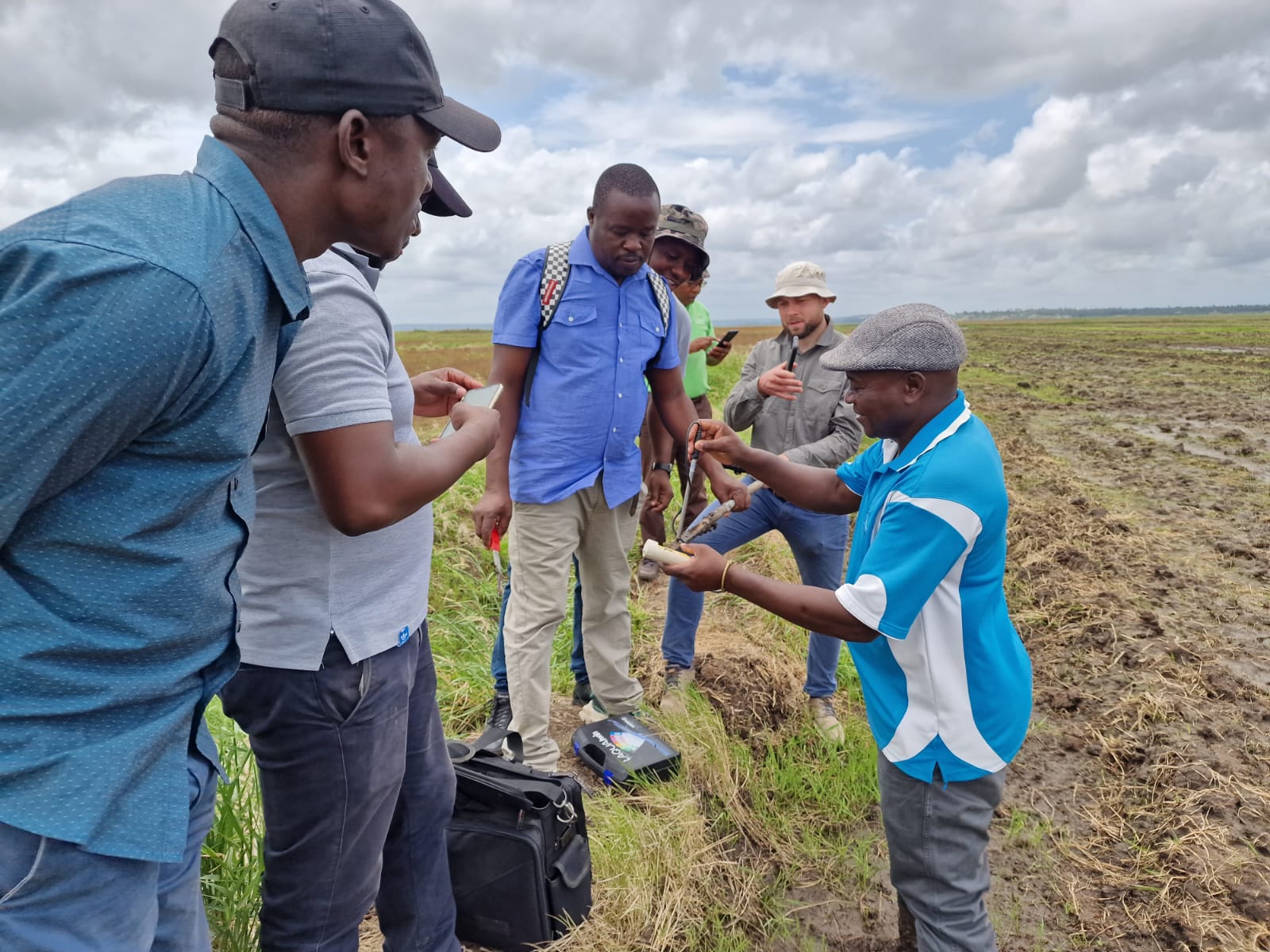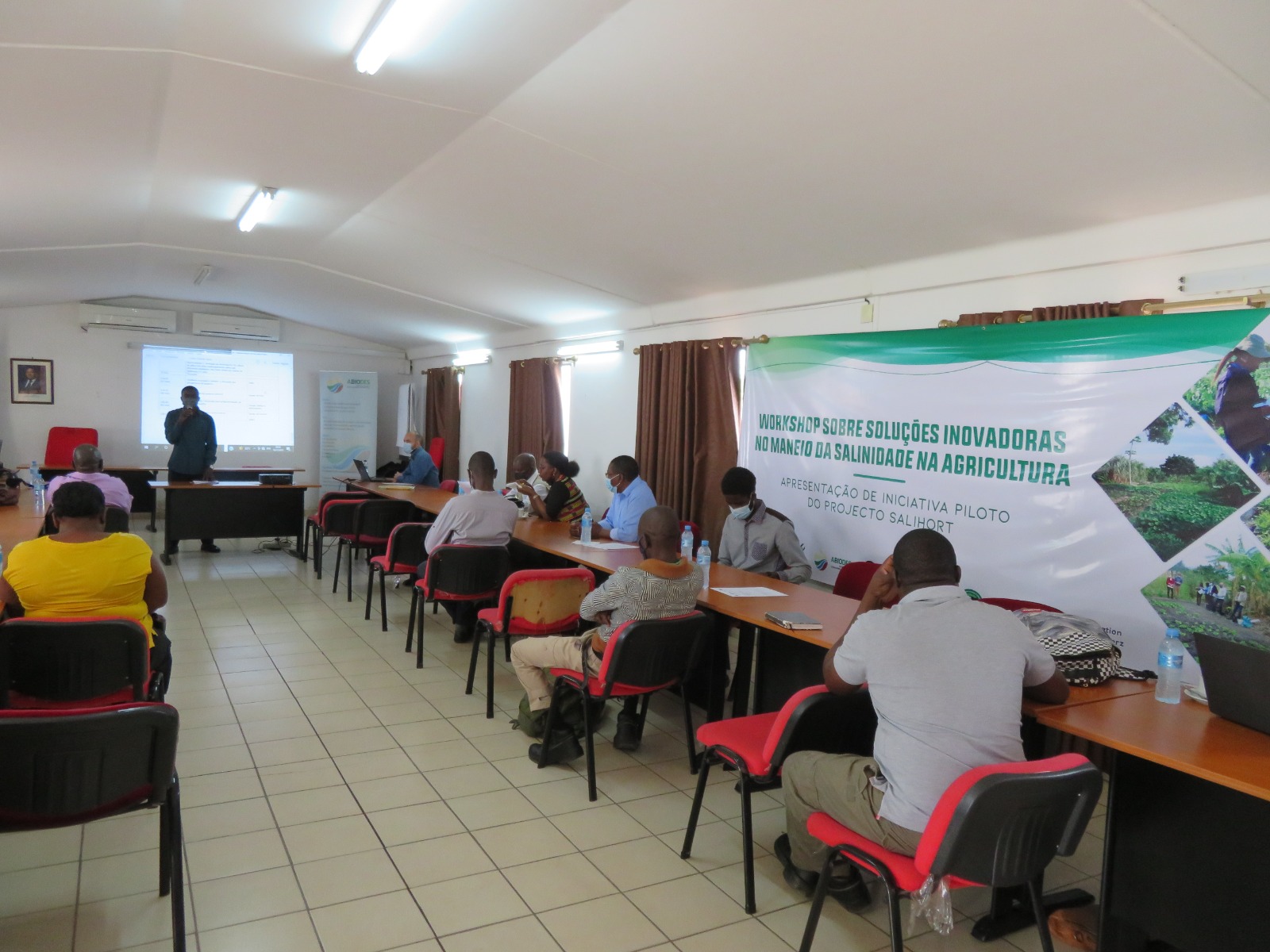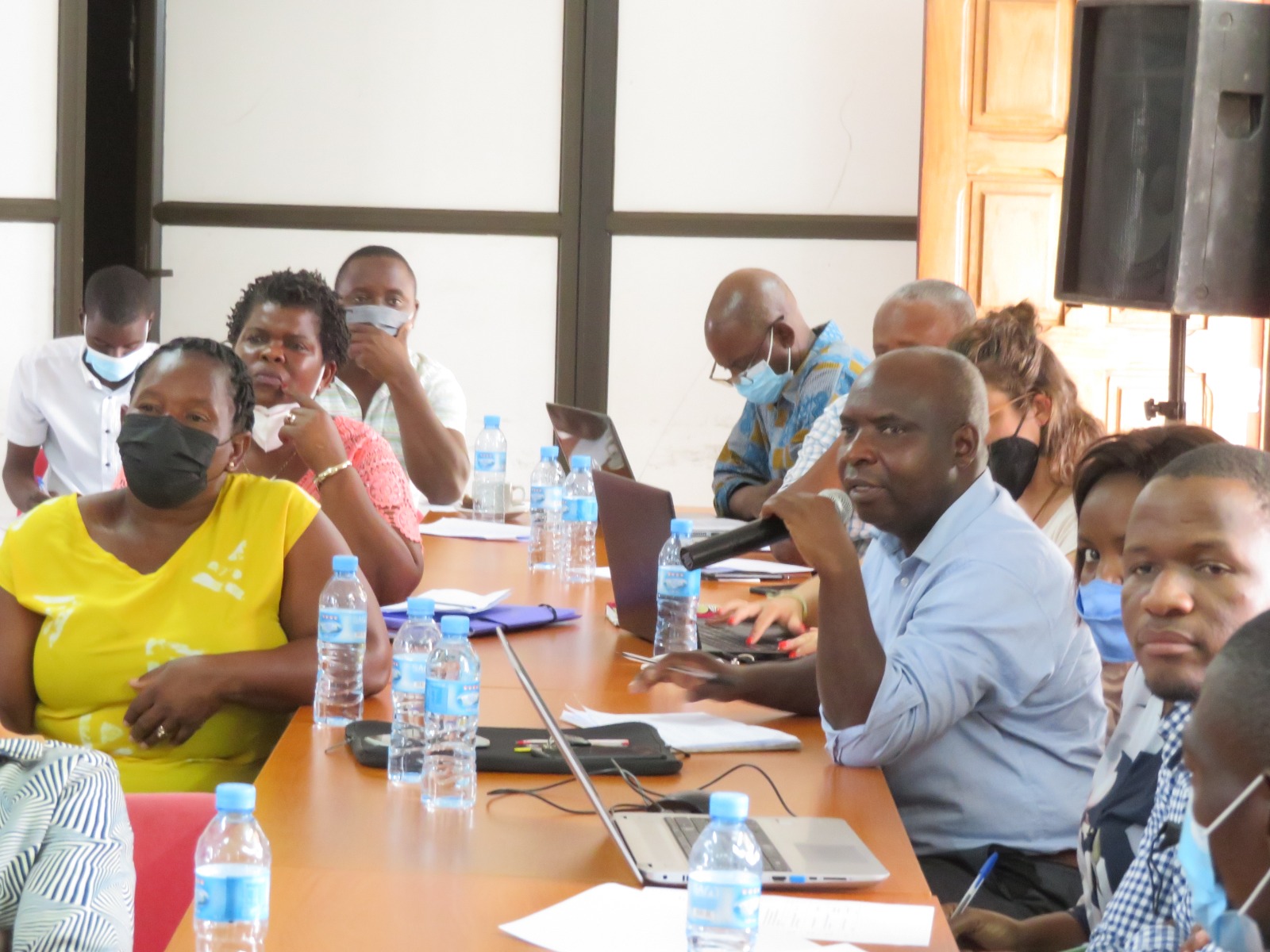Project Summary
The ESA Saline Agriculture Network initiative seeks to bring together scientists, technicians and agricultural practitioners to exchange experiences and create synergies while working towards the sustainable use and management of salt-affected agricultural soil resources in Eastern and Southern Africa. This shall be achieved through the implementation of applied agricultural research projects, topical publications, along with continuous networking and awareness raising activities.
Project Manager
Country
Mozambique
Status
ongoing, since 2020
Budget
88.000 EUR (managed by Weltweit since 2020)
approx. 70.000 EUR (managed by other institutions since 2020)
Links
Documents
- SaliHort Information Flyer (2021)
- SaliHort Project Progress Reports (2020 - 2022)
- Training and SaliHort Evaluation Report (The Salt Doctors, 2023)
- Presentation at the Tropentag Conference (2022)
- Presentation at the Tropentag Conference (2023)
- Poster Presentation at the Global Symposium on Soils for Nutrition (2022)
- Poster Presentation at the FEMOZ Conference (2024)
- Poster Presentation at the SALAD-SUSTAIN Conference (2024)
- Presentation at the Tropentag Conference (2024)
Partners
Principal Network Partners
Mozambique:
– Association for Sustainable Development (ABIODES)
– Bamboo Friends Association (ASSAMBA)
– University Eduardo Mondlane (UEM)
– Mozambique Institute of Agricultural Research (IIAM)
– Municipal Council Maputo, Department for Agriculture and Extension
Tanzania:
– Tanzania Agricultural Research Institute (TARI)
– Agricultural Seed Agency (ASA)
Rwanda:
International:
– Vrije Universiteit Amsterdam (VU – IVM)
Funding Institutions
– Saline Water and Food Systems Partnership (NFP / NWP)
– The Conservation, Food & Health Foundation
– The German Federal State of Hesse
– Stiftung Ursula Merz
Project goals
Strengthening knowledge and action networks on Saline Agriculture in Eastern and Southern Africa, through:
- Implementation of thematic project initiatives (primarily applied and participatory agricultural research).
- Elaboration of publications (studies, guidebooks, information material, etc.)
- Conducting workshops and trainings for knowledge exchange and awareness raising.
- Providing (digital) network infrastructure for continuous technical exchange.
ESA Saline Agriculture Network
ggg
Soil salinization is one of the most significant drivers of land degradation worldwide. Especially in the context of agricultural land use, it is becoming an increasing constraint. It often results from the interaction of natural conditions (e.g. arid climate, high groundwater tables, seawater intrusion) and human mismanagement (e.g. improper irrigation and drainage). Increasingly, climate change is also a driving force; be it in the form of prolonged dry periods or sea level rise. The consequences are declining agricultural yields, up to complete crop failure and abandonment of agricultural land, as the majority of agricultural crops can only tolerate low soil salinity levels.
fff
This trend increasingly is being observed also in Mozambique and other countries in Eastern and Southern Africa (ESA), where smallholder agriculture is one of the most important contributors to food security and national economies. Soil salinization is by no means a new phenomenon in the region. In predestined locations, such as near the coast or in the arid hinterland, farmers have been dealing with the problem for a long time and local knowledge systems on how to deal with the problem have evolved. Nevertheless, solutions that go beyond current farmers’ knowledge are becoming more and more urgent. Population growth and the resulting pressure on agricultural resources, combined with increasingly inhospitable climatic conditions, require timely and scientifically sound action to ensure sustainable resource management. At the international level, agricultural research has made far-reaching progress and identified a range of promising sustainable management options, commonly grouped under the buzzword Saline Agriculture. However, corresponding knowledge networks are hardly developed in eastern and southern Africa. The bulk of research and development initiatives here focuses on other aspects of agriculture and climate change adaptation. Soil salinization as a specific problem has received very little attention.
ffff
Our initiative focuses on closing this gap. The aim is to (1) implement application-oriented research (local piloting of innovative agronomic management approaches), (2) promote knowledge transfer and networking among researchers and practitioners in the region, as well as internationally, (3) along with awareness-raising work targeting the wider society. Original starting point was the regionally and thematically limited project ‘SaliHort’ on soil salinity management in vegetable production systems in southern Mozambique (2020 – 2023), which increasingly developed into a driving force for national and supraregional scientific networking on the topic and thus laid the foundation for the initiative presented here. The ESA Saline Agriculture Network understands itself as a living network that provides room for project-based work, events, and continuous technical exchange. New network members and institutional partners who share the vision and want to contribute to the initiative are always welcome!
fff
In order to get involved in networking activities and to receive updates on events and opportunities, sign up to our Mailing List.
fff
Furthermore, we host a virtual Saline Agriculture Working Group on our Action Network Worldwide Platform. After registration via the link you’ll be able to access informative materials, as well as connect and collaborate with other like-minded professionals.
fff
Individual projects and activities:
fff
(1) SaliHort Project (2020 – 2023)
The project Piloting of Strategies to Mitigate Impacts of Salinity in Horticultural Systems of Mozambique (SaliHort) initiated Weltweit’s work on Saline Agriculture, building on prior exploratory research conducted by the project managers Matias Siueia Júnior and Jakob Herrmann. Drawing on a network of trial field locations in the peri-urban agricultural areas of Maputo city, the project aimed at identifying and promoting locally adapted salinity management strategies, through: (a) scientific field trials, (b) Farmer Field Schools, (c) introduction of portable soil sensor technology for improved agricultural advisory, and (d) technical networking with other Saline Agriculture actors. Project success was guaranteed by a strong interdisciplinary consortium, including Mozambican organizations from science (University Eduardo Mondlane, UEM), public agricultural extension (Maputo Municipal Council) and civil society (Association for Sustainable Development, ABIODES). Funding was provided by: The Conservation, Food & Health Foundation, The German Federal State of Hesse, and Stiftung Ursula Merz.
fff
(2) Support for a Climate Change Adaptation Project in Maputo-KaMubukwana (2024)
The Project Climate Change Adaptation of Urban Agriculture with a Focus on Prevention and Management of Soil Salinisation in Maputo-KaMubukwana is being implemented as part of the long-standing town twinning partnership between Berlin-Lichtenberg and Maputo-KaMubukwana, facilitated by the alliance between the Lichtenberg District Office & their partners in KaMubukwana and SODI e.V. Weltweit and ABIODES provide technical support, replicating the SaliHort capacity building approach centred around Saline Agriculture Farmer Field Schools, directly reaching about 100 farmers and 10 extension workers in the peri-urban agricultural production areas of KaMubukwana.
fff
(3) MoSARP Project (2024)
The Mozambican Saline Agriculture Research and Practice: Agroforestry Solutions and Training Development (MoSARP) project is financed by the Saline Water and Food Systems Partnership (Netherlands Food Partnership / Netherlands Water Partnership). The initiative centers around a collaborative action workshop, bringing together experts and stakeholders from Mozambique, Eastern Africa and Europe for best possible knowledge transfer. The key objective is to assess the opportunities for ‘Saline Agroforestry’ to counteract land degradation and improve food security, including a pilot field trial in Maputo province. Additionally, the project explores options for integrating Saline Agriculture into educational curricula, thus improving the topical capacities of agricultural professionals in Mozambique. MoSARP is implemented by a consortium of 7 institutions: Bamboo Friends Association (ASSAMBA), ABIODES, UEM, Mozambique Institute of Agricultural Research (IIAM), The Salt Doctors, Vrije Universiteit Amsterdam (VU – IVM), and Weltweit.
fff
(4) Short Term Scientific Mission on Salinity Management in Eastern Africa (2024)
In June/July 2024, project manager Jakob Herrmann took the opportunity to further build the ESA Saline Agriculture Network and, at the same time, undertake exploratory data collection for his upcoming PhD project at Martin-Luther University Halle (Germany), visiting various salt-affected agricultural environments in Kenya and Mozambique. While the focus was on coastal rice production systems (e.g. the Zambezi delta in Central Mozambique), Jakob was further able to visit and partake in diverse Saline Agriculture project activities in Kenya, covering the coast (Kilifi County), the centre (Makueni County) and the northern part of the country (Turkana County). This mission has been made possible by a personal grant provided by the Cost Action SUSTAIN.
fff
Achievements to date in figures:
- 5 years of practical piloting of Saline Agriculture techniques in open field vegetable production, following a Farmer Field School approach, having directly reached approximately 200 farmers
- 6 multi-institutional technical workshops and webinars on Saline Agriculture implemented
- 5 field excursions for knowledge sharing on soil salinity and its management in different production systems
- 8 international scientific conferences in which we participated
- 1 strategy paper on soil salinity and Saline Agriculture in Mozambique
- 9 university students successfully completed their theses research or internships on the topic of soil salinity management
- 2 international network on soil salinity in which we are active
- more than 25 institutions from 10 countries with which we established technical exchange on Saline Agriculture (find a list of key network partners in the column on the right)
fff
–
